After nearly a decade, invite-only music tracker What.cd closed today and deleted all its data after a raid by French authorities—a sad end to what was likely the largest, most active private torrent tracker ever.
 Founded the day Oink’s Pink Palace closed in 2007, What.cd managed to survive for nearly a decade, including several crippling DDOS attacks.
Founded the day Oink’s Pink Palace closed in 2007, What.cd managed to survive for nearly a decade, including several crippling DDOS attacks.
It may have flaunted copyright law, but collectively, What.cd’s dedicated group of fans worked together to create the most comprehensive, organized, and metadata-rich collection of music online.
What.cd, like most private trackers, operated on a ratio system—you could only download if you were actively uploading, donating, or otherwise making the site better.
While most of its members were invited by someone in the community, What.cd provided the unusual option of an open interview process. Applicants were expected to study preparation materials on site rules and encoding guidelines, conduct a speed test, and interview with a volunteer moderator in IRC. (Don’t expect to ace the interview, either.)
Their focus on quality and comprehensiveness was relentless. They encouraged original encodings at high-quality, with automated tools to check logs, verifying encoding, and culling out low-quality rips.
The ultimate goal was perfection. Every release should have a perfect lossless rip and the “perfect 3” MP3s—V0, V2, and 320 MP3 encodings—along with all accompanying metadata, consistent file names, folders, tags, and album art. What.cd provided tools for finding releases that could use improvement, giving everyone an easy chance to improve their ratio.
The developers open-sourced Gazelle, their web framework, and Ocelot, their large-scale BitTorrent tracker, which became the foundation for hundreds of other private torrent communities.
In addition to organizing music into discographies and collages, users could make requests for specific releases, spending their ratio to drive up the demand for rare releases. As a result, out-of-print and unreleased material often found its way to What.cd, occasionally putting it in the headlines.
An unreleased Radiohead song, unpublished JD Salinger stories, and Microsoft’s forensic tools for law enforcement all made headlines when they appeared exclusively on the site for the first time.
The result was likely the most comprehensive and well-organized music archive ever—over a million unique releases—assembled entirely by passionate music fans operating outside of copyright law.
It will be missed.
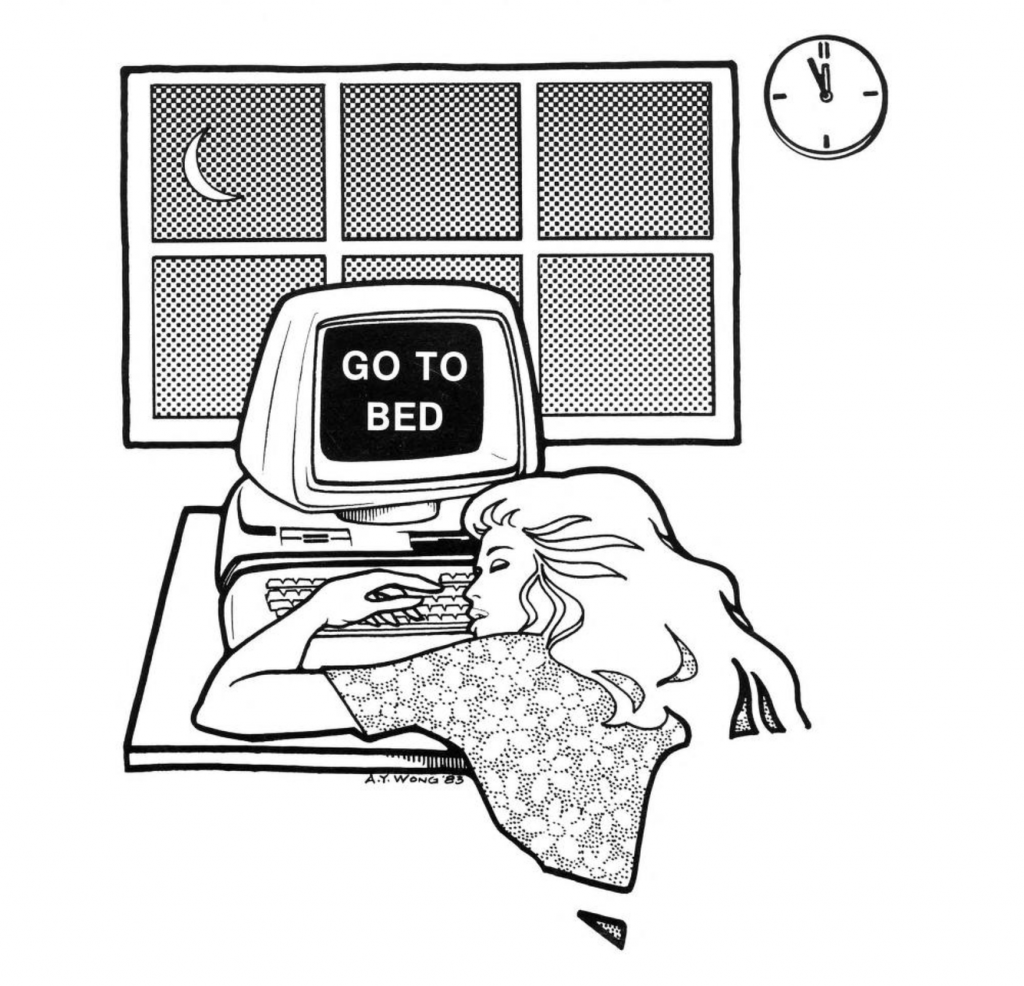
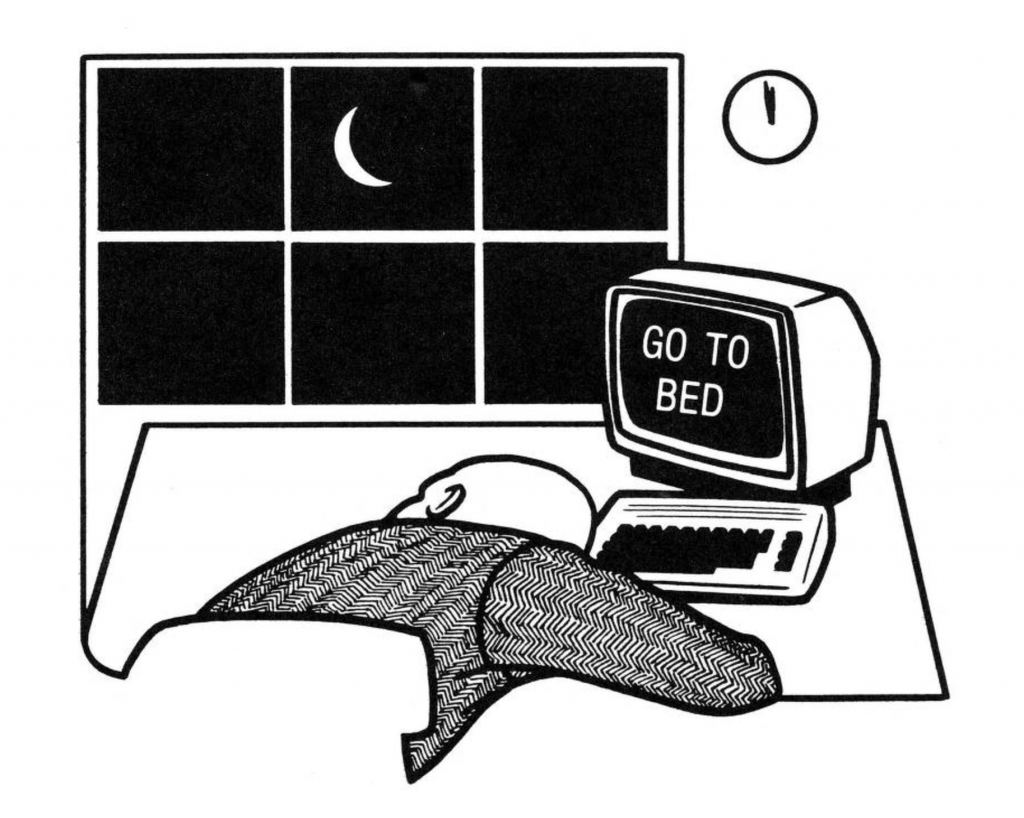
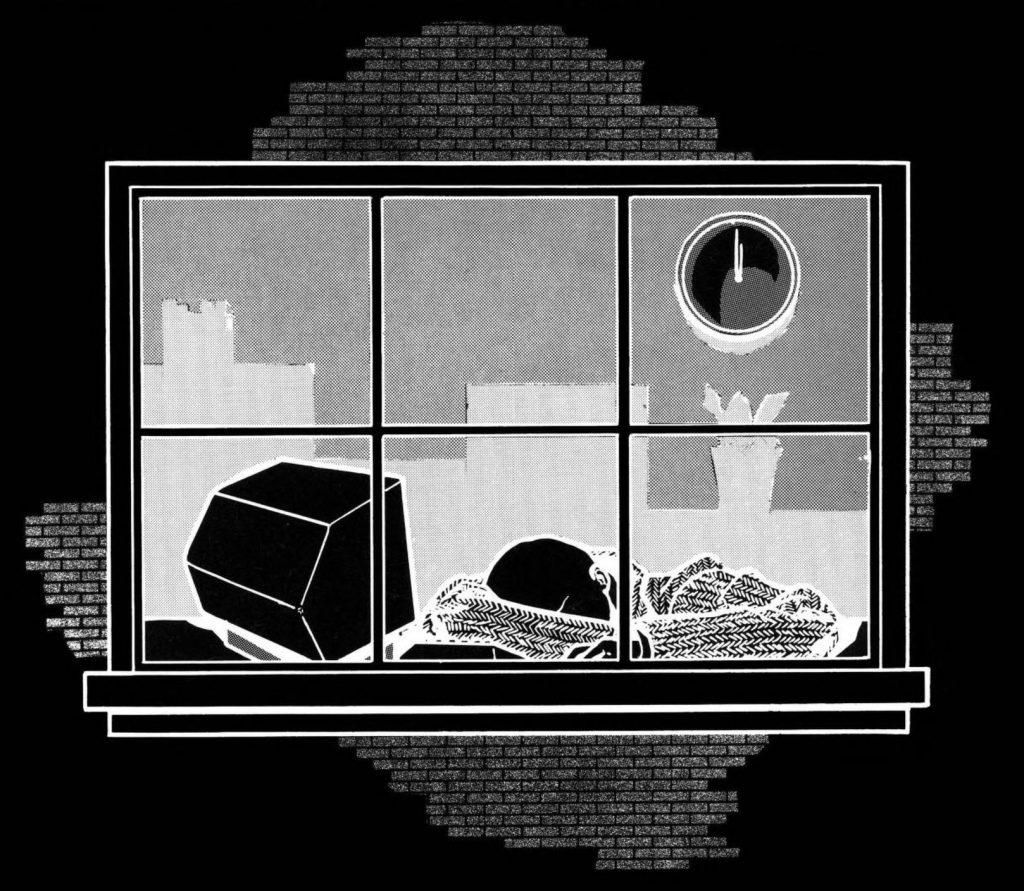


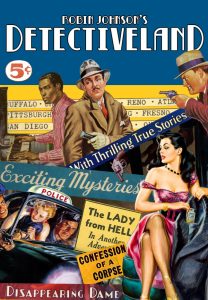 Detectiveland
Detectiveland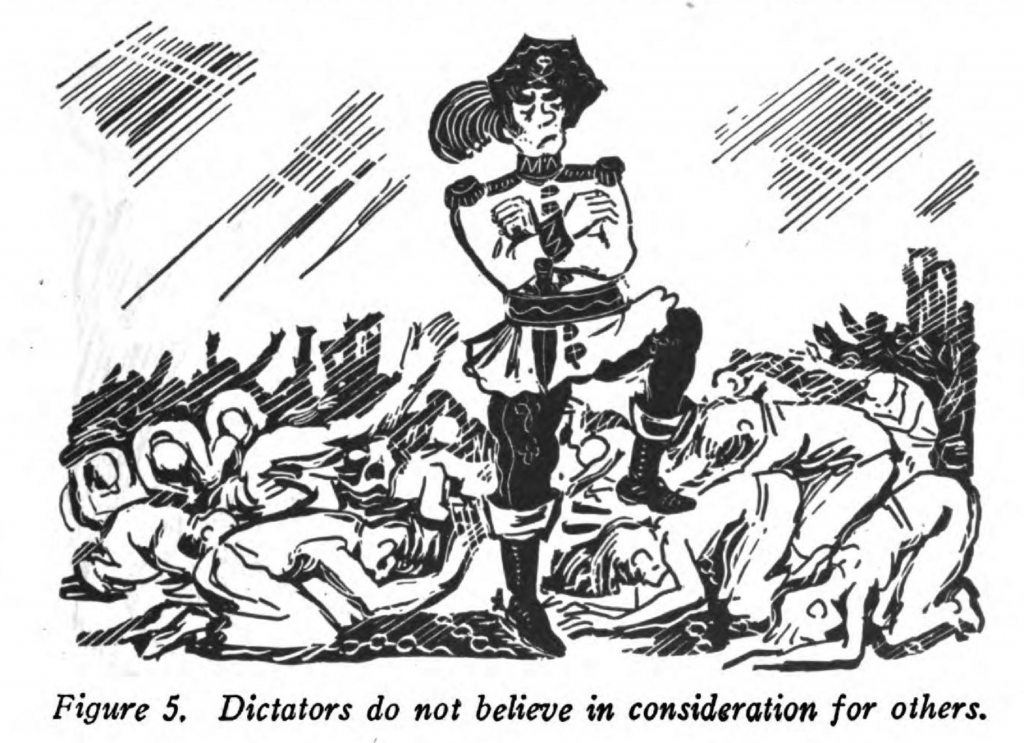
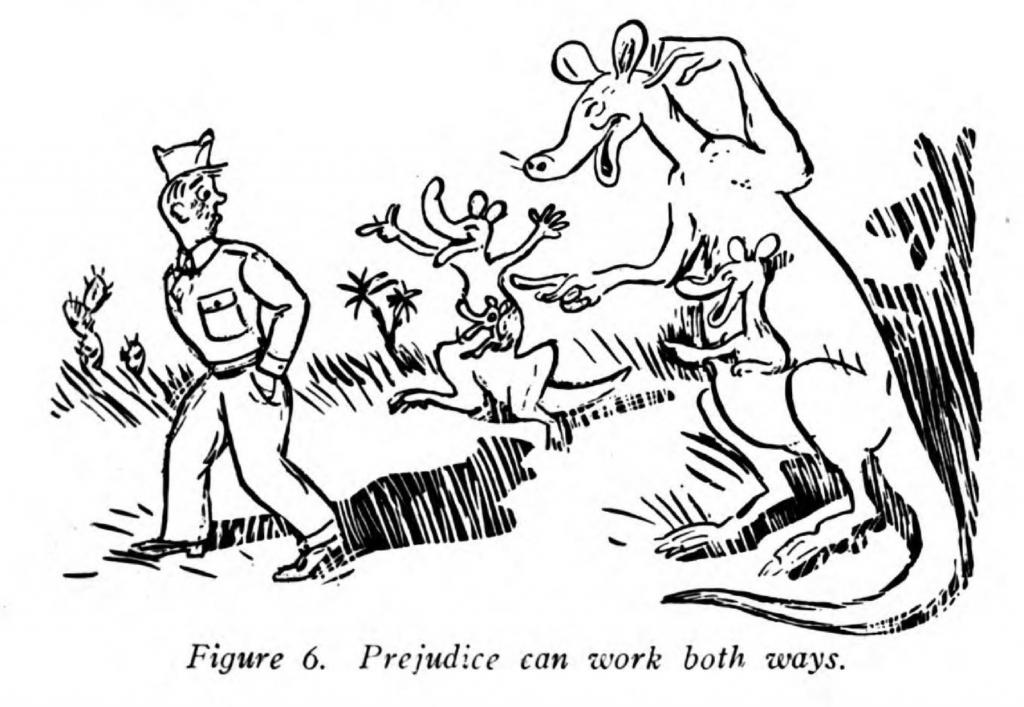
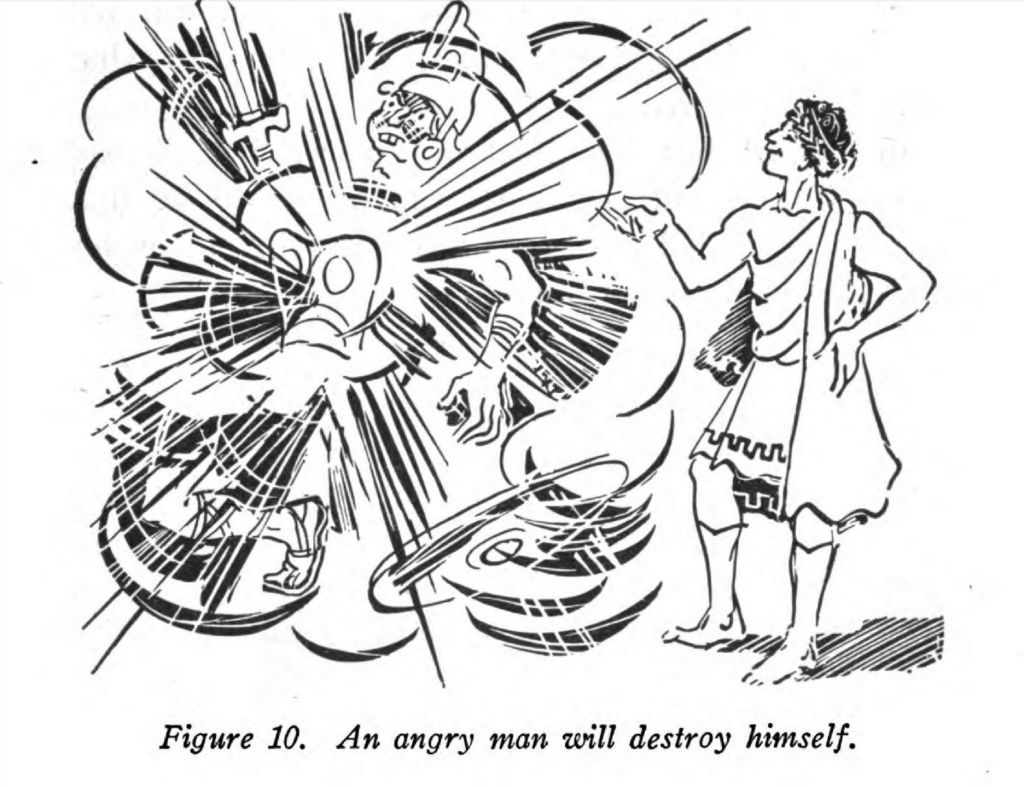
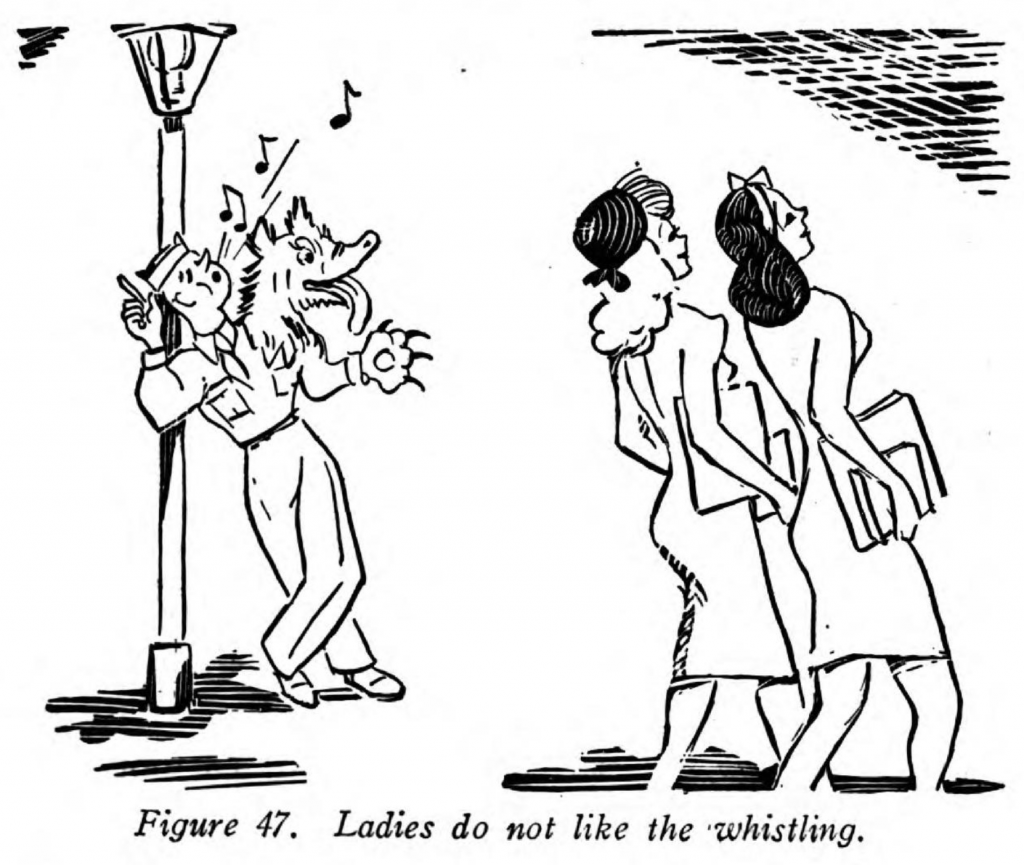
 Founded the day
Founded the day